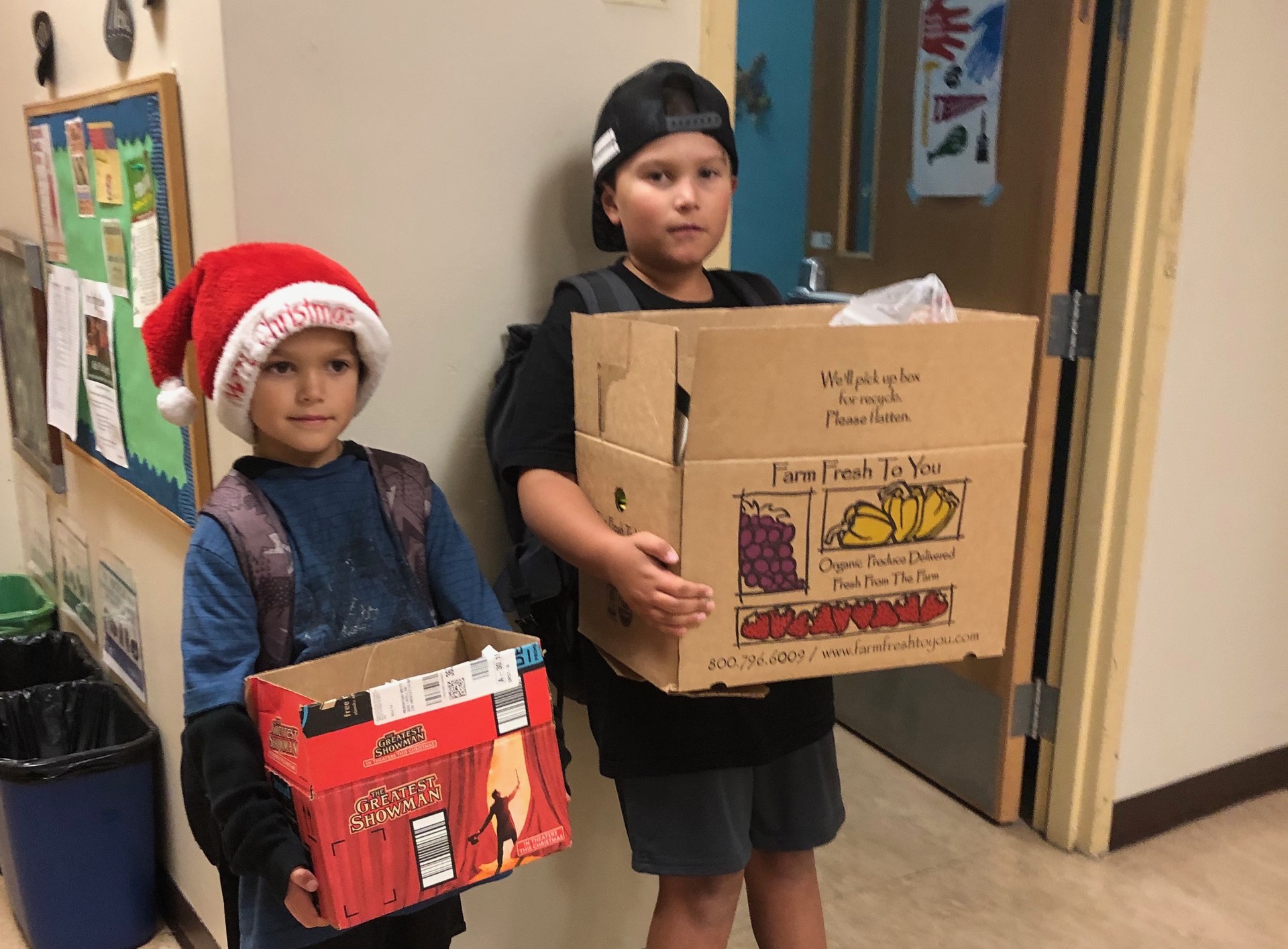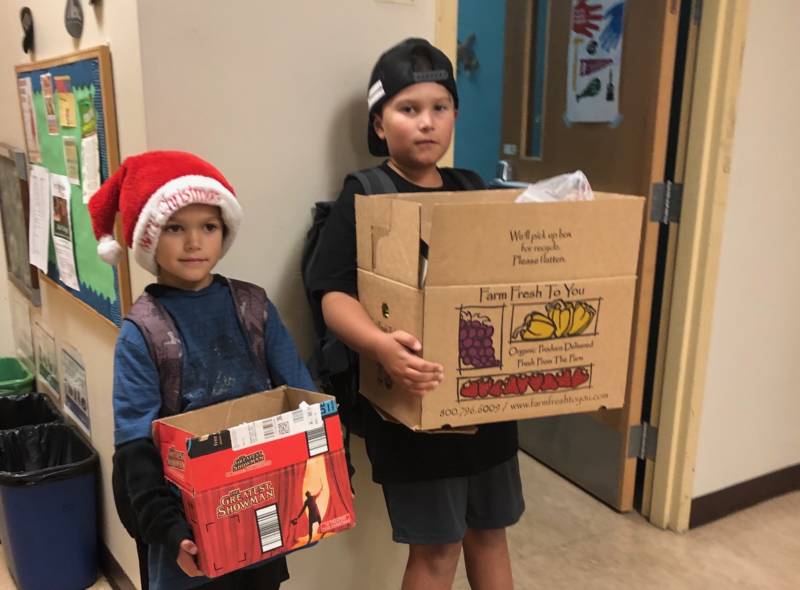
On a recent Friday, on the playground of the Creative Arts Charter School in San Francisco, Alicia Cruz watched as her son, Rio, stepped to the microphone during morning announcements.
“My mom is going to work in Texas to help the families in detention and families seeking asylum,” the fifth-grader told the crowd of students and teachers. “Please donate toys, like yo-yo’s, Legos, Slinkies or any small toys for kids.”
It wasn’t the first time Rio had collected toys for children coming out of Immigration and Customs Enforcement detention centers. Rio’s mom, a marriage and family therapist for Kaiser San Francisco, was moved to volunteer last year, when she learned that federal officials were taking infants and children away from their parents at the border.
At Kaiser, Cruz specializes in adolescent trauma. She knew those family separations would create crises, especially for families who had fled violence in their home countries in Central America.
“The idea of being separated, to a parent, it’s just unimaginable,” Cruz said.
Rio cannot imagine it either.
“It would just be super hard if I got separated from my mom,” said the 11-year-old. “That’s why we’re trying to make a difference in this community.”
Cruz made the trip to Texas twice last year, using vacation time, as well as money and frequent flyer miles donated by other parents at the school. She brought the migrant children toys that Rio had collected, and gave small cash donations to their parents. Cruz heads to Texas again on Wednesday, Jan. 2.
“I’m going to go as often as I can because it’s amazing work and it’s much needed,” Cruz said. “I wish there were more therapists who could come.”
In June, a court forced the government to end the policy that led to almost 2,700 family separations. And more than 90 percent of those kids have since been reunited. But immigration authorities continue to detain thousands of migrant families — most of them at two ICE facilities in Texas.
After parents pass an initial asylum screening, called a credible fear interview, most families are released from custody, typically after several weeks in detention. Each day, ICE agents drop off dozens of families at the Greyhound station in San Antonio, where they wait for buses that will take them to sponsors or family members across the country.
When Cruz gets to Texas, she will join other volunteers who hand out food, water, blankets and backpacks at the bus station and help guide migrants on the next leg of their journey.
The Refugee and Immigrant Center for Education and Legal Services, a local nonprofit group, has devised a bare-bones, 10-minute legal orientation.
“It is really a front-line, grassroots effort at the bus station,” said Juan Rocha, who runs the program for the group, known as RAICES. “You have the families come in and you are squatting, you’re sitting on the floor with them, you are interacting with their children.”
Last year, RAICES provided its “know your rights” legal orientation to 1,972 parents who passed through the San Antonio Greyhound station.
Most of the people arriving at the station are Central Americans who have been released from ICE’s largest family detention facilities, each about an hour outside San Antonio. Fathers with sons come from the Karnes County Residential Center, and mothers with children arrive from the South Texas Family Residential Center in Dilley.

